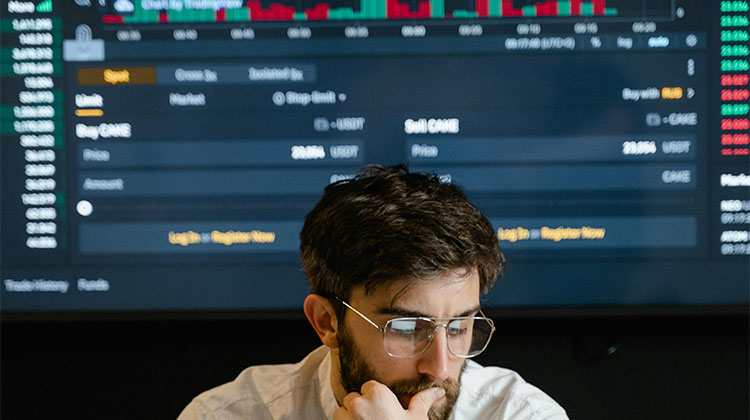UNSW Epicentre of Fresh Approach to Economics

The new Manos Institute for Cognitive Economics at UNSW Sydney will investigate how human reasoning influences financial and other decision-making, helping people to make better economic choices. It is also Australia’s first economics “lab” - akin to those common in the physical sciences - and the world’s first dedicated laboratory for economic theory.
Entrepreneur Bill Manos, owner of Manos Capital, has donated $2.5 million to help establish the new Institute, which will be based within the School of Economics at UNSW Business School.
Cognitive economics looks at how people think and why they make certain choices with money. It investigates why people make decisions about saving, investing or purchasing, and explores how those decisions are influenced.
As the world grapples with AI and the possibility of general artificial intelligence, understanding human cognition is fundamental to assessing the opportunities and challenges of ‘superhuman’ cognition.
The field builds on the work of behavioural economists who study when human behaviour deviates from what standard economic theory expects. Basic economic theory uses simplified ideas to explain how markets work, like assuming people always act rationally, focus on their own interests and have all the information they need. But in real life, people often make decisions in less rational ways.
UNSW Scientia Professor Richard Holden, who will serve as the Institute’s Director, said the Institute would implement a paradigm shift for economics research.
“The Nobel Prizes awarded to Daniel Kahneman and Richard Thaler documented the systematic biases humans have when making decisions, whether that’s a tendency to focus too much on the present and not enough on the future, overemphasis on the status quo over alternatives, or any number of these systems,” Prof Holden said. “The work of cognitive economics is about examining what is happening inside people’s minds that leads to these systematic biases arising.”
The work aims to understand the limits of human cognition and reasoning processes, bringing together experts from economics, psychology and computer science. The work will be theoretical and empirical, involving mathematical modelling as well as laboratory experiments to unpack how framing and reasoning impact decision-making.
“At its core, economics is about the choices individuals make,” Prof Holden said. “‘Getting inside people’s heads’ is therefore crucial to understand how they make those choices.
“The next step for economics is to unpack that more seriously, and if we can do that, then we can help people to be able to make better choices for themselves.”
In addition to helping people make better financial and other decisions, the Institute’s work will have other practical implications, including designing more effective economic policies, understanding market behaviours and developing more effective strategies for businesses.
“This new Institute will pioneer this new model of knowledge production, establishing cognitive economics as a fully-fledged field and positioning UNSW as the global centre for this work.”
Mr Manos said the Institute was an ambitious project aimed at pushing the boundaries of economics, “To do something like this requires significant resources, the right personnel and an academic institution that recognises the opportunity to lead this Institute and the field. “UNSW Business School has stepped up to that challenge, committing to a bold vision that could reshape how we study and apply economics.”
Image by Tima Mirosnichenko